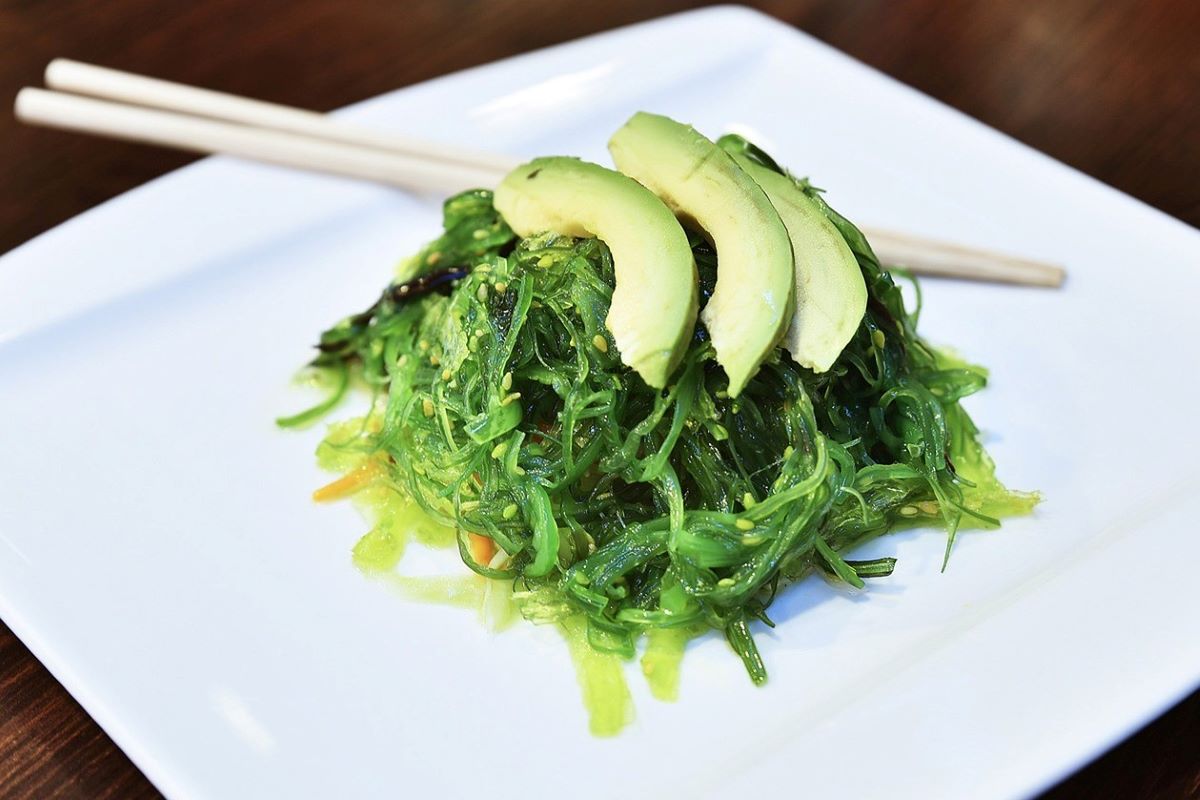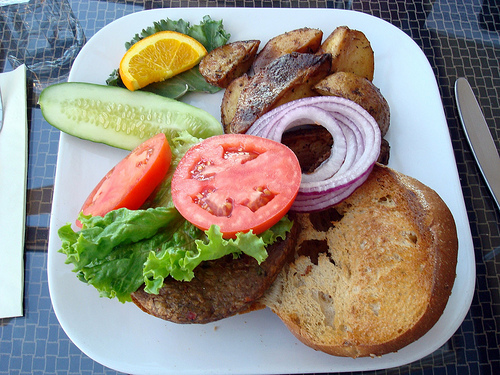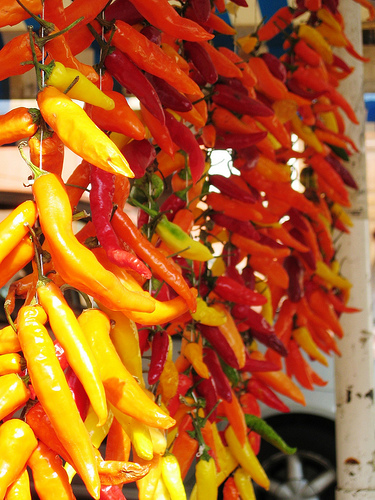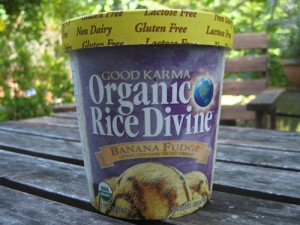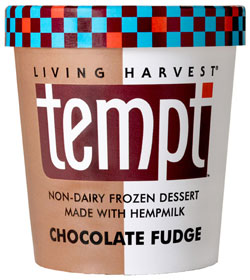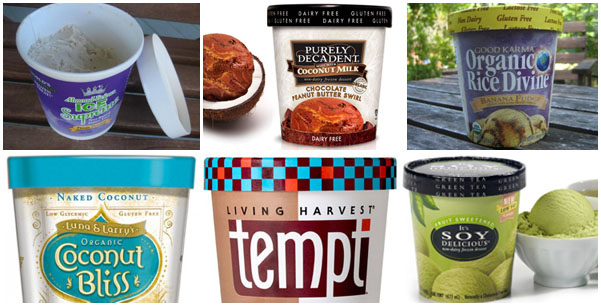Table of Contents
As vegans, vegetarians, or those simply exploring a plant-based diet, we all need to pay special attention to some nutrients. One of the most critical nutrients that often prompts discussion in the vegan community is vitamin B-12.
This water-soluble vitamin plays a vital role in our bodies, assisting in the production of DNA, the genetic material in all cells, as well as contributing to the health of our nerve cells and the formation of red blood cells. But finding a reliable source of vitamin B-12 can be challenging for those on vegan diets, as most vitamin B-12 is naturally found in animal products.
This article will delve into the essential benefits of vegan vitamin B-12 sources and how to ensure sufficient intake.
Vitamin B-12’s Importance for the Body
Vitamin B-12, also known as cobalamin, plays an important role in keeping our bodies functioning optimally. It’s a key player in forming red blood cells, which carry oxygen throughout our bodies. If your B-12 levels are low, you might experience megaloblastic anemia, in which the body produces abnormally large red blood cells that can’t function properly. This can lead to feelings of fatigue, weakness, and even cognitive decline in severe cases.
B-12 is required to metabolise homocysteine, an amino acid in the blood. High homocysteine levels have been linked to an increased risk of heart disease. Regular and sufficient intake of vitamin B-12 helps control these levels, supporting cardiovascular health and reducing heart disease risks.
Besides its vital role in blood cell production, vitamin B-12 also ensures the health of our nervous system. A deficiency in B-12 can cause nerve damage, leading to tingling or numbness in the hands and feet, trouble with balance, and even mental symptoms like depression, memory loss, or behavioral changes.
Moreover, vitamin B-12 supports the body’s immune system by producing white blood cells, essential for fighting infections and diseases. An optimal B-12 level enhances immune response, providing better protection against potential health threats.
Another essential role of vitamin B-12 is in synthesising DNA, the genetic material in all cells. Inadequate B-12 intake can interfere with the body’s ability to produce healthy, new cells, potentially increasing the risk of certain cancers.
On top of this, vitamin B-12 helps regulate mood and sleep patterns. It synthesises serotonin, a neurotransmitter responsible for mood regulation, and melatonin, a hormone controlling our sleep. Keeping B-12 levels optimal can therefore assist in managing mood disorders and improving sleep quality.
Vitamin B-12 is also involved in converting food into energy and assisting in absorbing folic acid, another essential nutrient. Both are vital for maintaining energy levels and supporting healthy growth and development.
Vitamin B-12 also contributes to maintaining healthy skin, hair, and nails due to its role in cell reproduction. A sufficient intake can prevent dermatological symptoms such as hyperpigmentation, nail discoloration, hair changes, and vitiligo.
However, because B-12 is mostly found in animal-based foods, people following a vegan diet often find it challenging to get enough B-12. But with some planning and some supplementation, getting adequate vitamin B-12 on a vegan diet is possible.
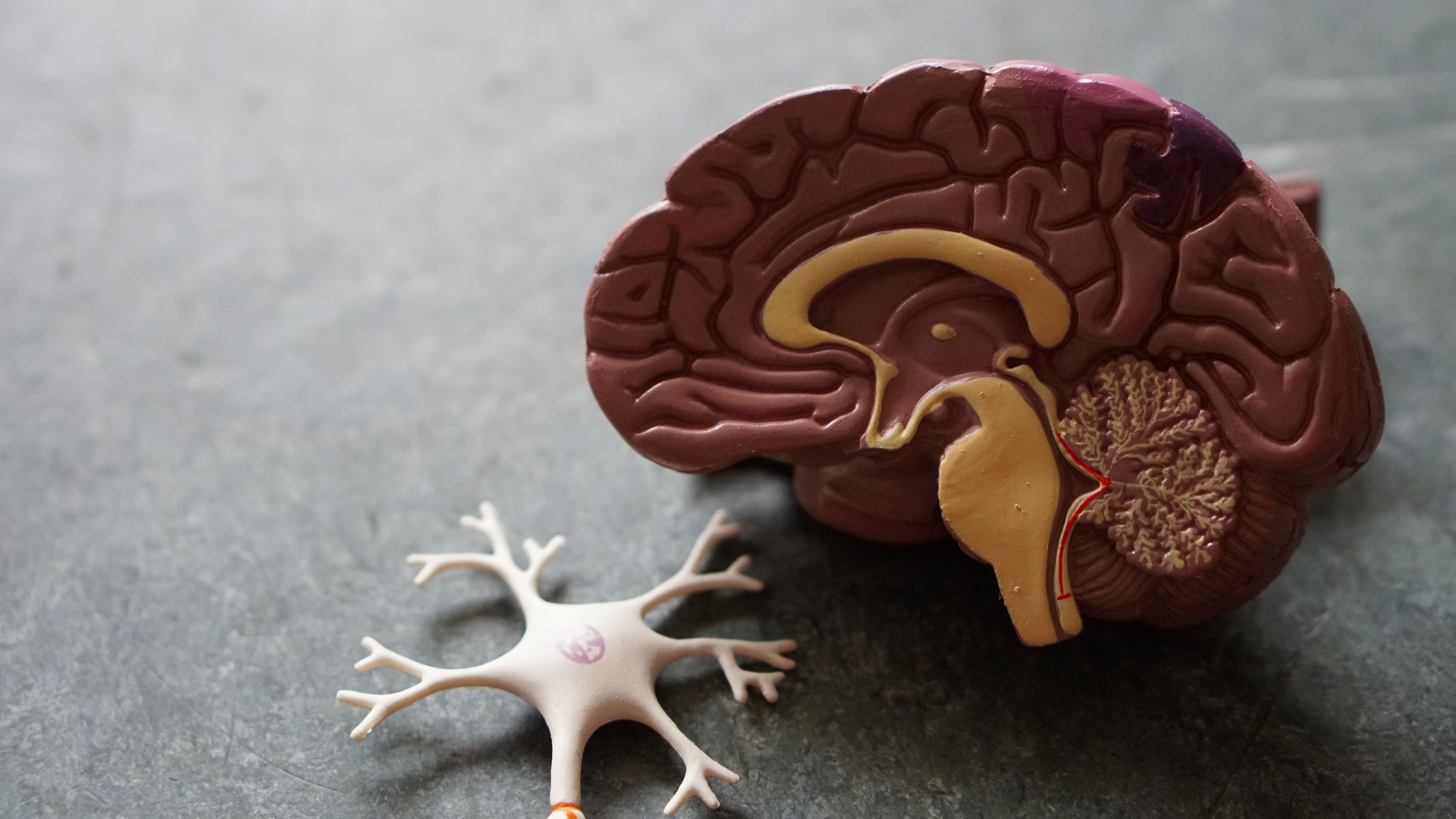
Nervous System
Vitamin B-12 holds a crucial role in the maintenance and functionality of our nervous system. It assists in the production of a substance known as myelin. This protective covering shields our nerves and aids in the speedy and efficient transmission of electrical signals throughout our body. Without a sufficient intake of B-12, myelin production can be compromised, which could lead to nerve damage.
This is one of the reasons why a deficiency in this vitamin can cause symptoms such as numbness, tingling in the hands and feet, or difficulty with balance.
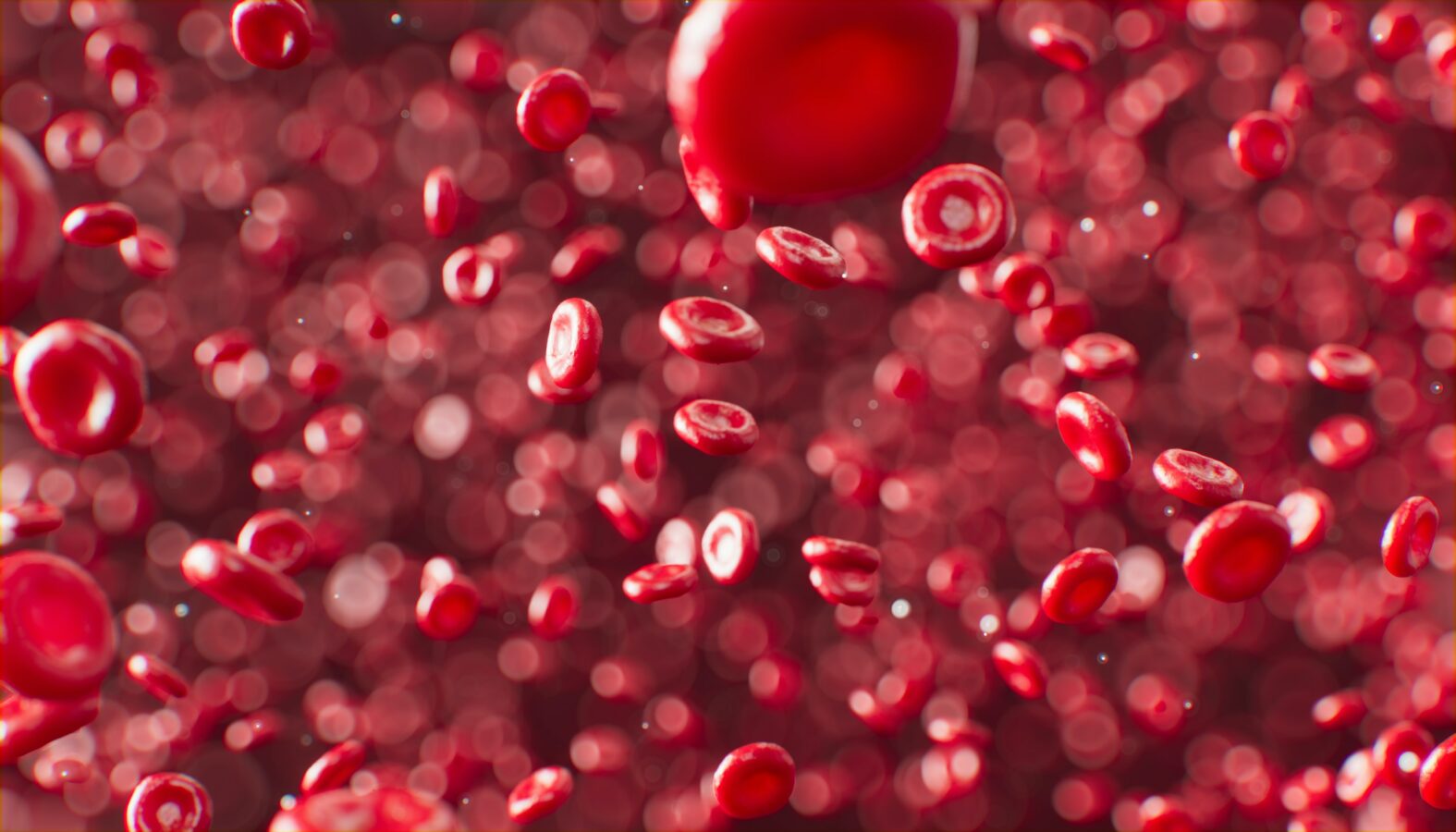
Red Blood Cell Formation
Vitamin B-12 is also vital for the proper formation of red blood cells. It aids in producing DNA, the genetic material needed to create these cells.
A deficiency in vitamin B-12 can produce huge and inefficient red blood cells, a condition known as megaloblastic anemia. This can result in less oxygen being delivered to our cells, leading to symptoms of fatigue and weakness.
Moreover, sufficient B-12 levels can contribute to cardiovascular health by reducing homocysteine levels. Elevated homocysteine is linked to a higher risk of heart diseases, strokes, and other cardiovascular disorders.

Brain Health
The health of our brain is another aspect greatly influenced by vitamin B-12. It is closely tied to cognitive health, including memory and concentration. A deficiency in vitamin B-12 can lead to a range of neurological and psychological disturbances. It can cause memory loss, dementia, and even depression or psychosis.
Besides, B-12 is essential for producing S-adenosylmethionine (SAMe), a compound involved in immune function and mood. It’s been suggested that SAMe, along with B-12, might help treat depression and mood disorders.
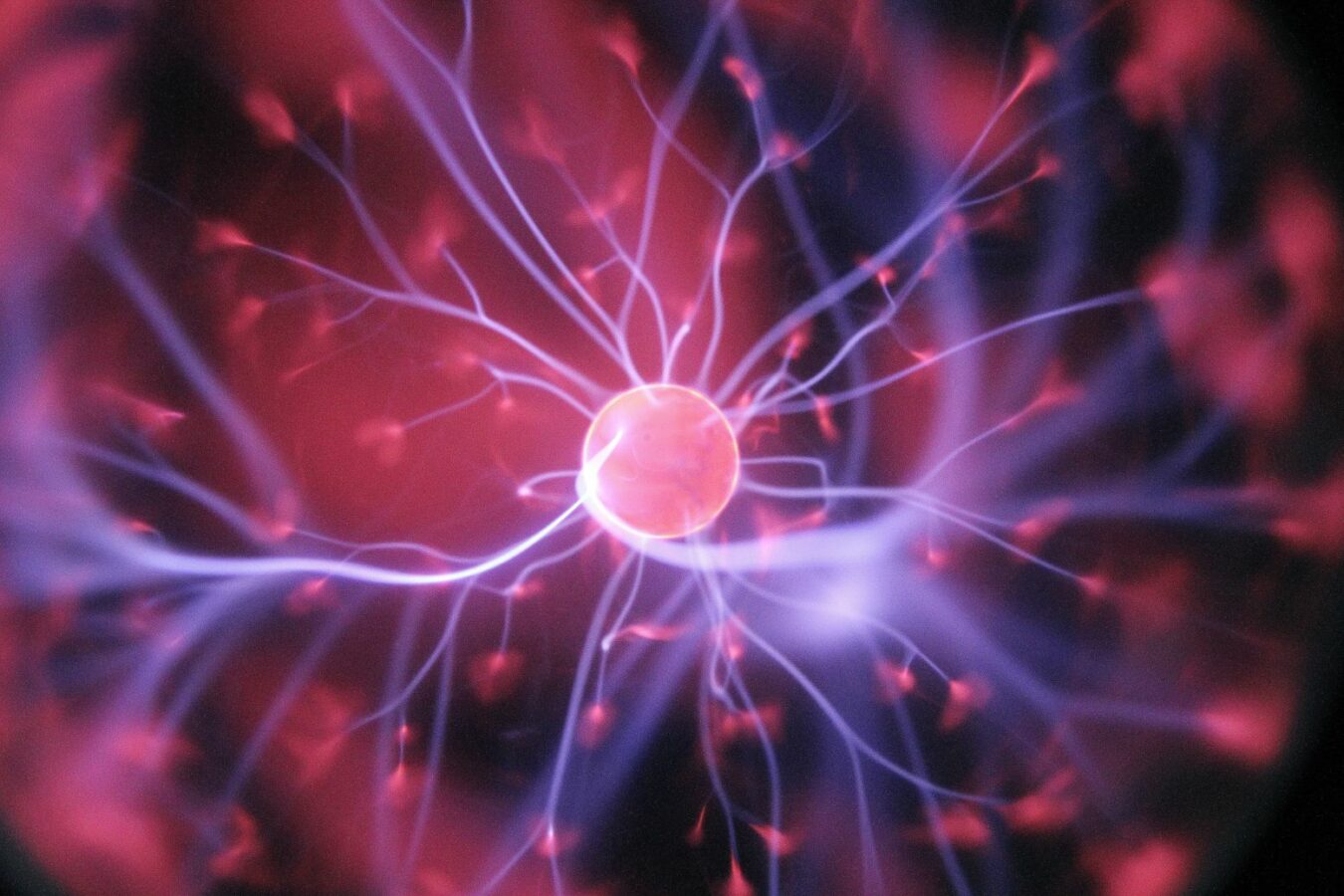
Energy Levels
You might be familiar with B vitamins being referred to as “energy vitamins,” and vitamin B-12 is no exception. It plays an important role in converting our food into glucose, which our bodies use for energy.
A deficiency in B-12 can lead to fatigue and a general lack of energy. Moreover, B-12 also aids in absorbing folic acid, a nutrient essential for producing red blood cells and carrying oxygen to our muscles, further supporting our energy levels. By ensuring we meet our daily needs for vitamin B-12, we can maintain consistent energy levels throughout the day.
Vegan Food Sources of Vitamin B-12
While it’s true that most vitamin B-12 sources are found in animal-based foods like meat, eggs, and dairy products, vegans don’t need to despair. There are still plenty of ways to ensure you get enough B-12 while adhering to a plant-based diet. Below are some reliable sources of vitamin B-12 that are vegan-friendly.
Fortified Plant-Based Milk
Fortified non-dairy milk is a great vegan source of vitamin B-12. Many manufacturers fortify their products with this essential nutrient to ensure their customers have a balanced intake. Look for non-dairy milk made from soy, almonds, oats, or rice, specifically stating they’re fortified with B-12 on their nutrition labels. By incorporating a variety of fortified plant-based milk, you can keep your meals interesting and increase your B-12 intake.
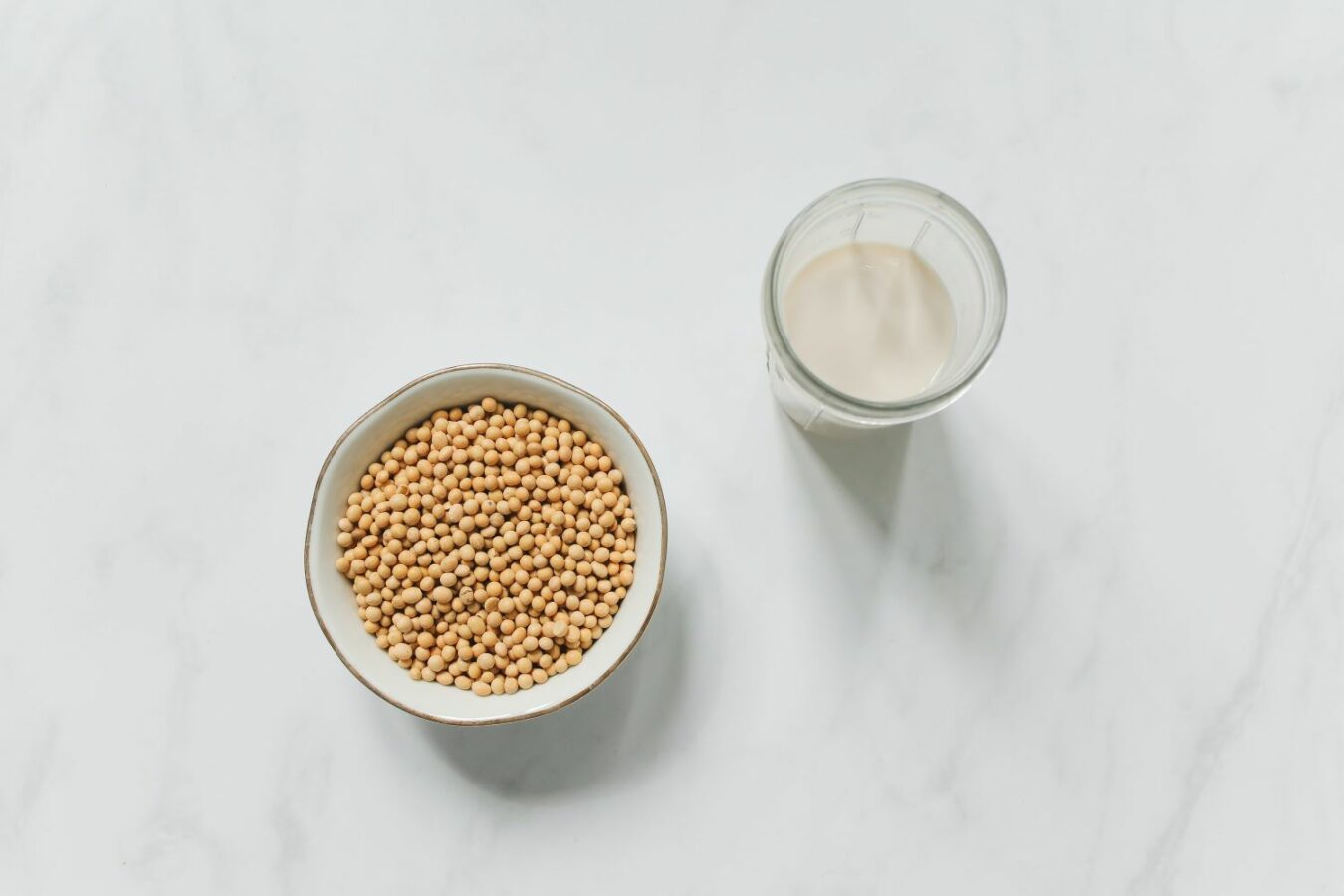
Soy Milk
Soy milk, in particular, is often fortified and can be easily included in your daily diet through smoothies, cereals, or simply enjoyed as a beverage.
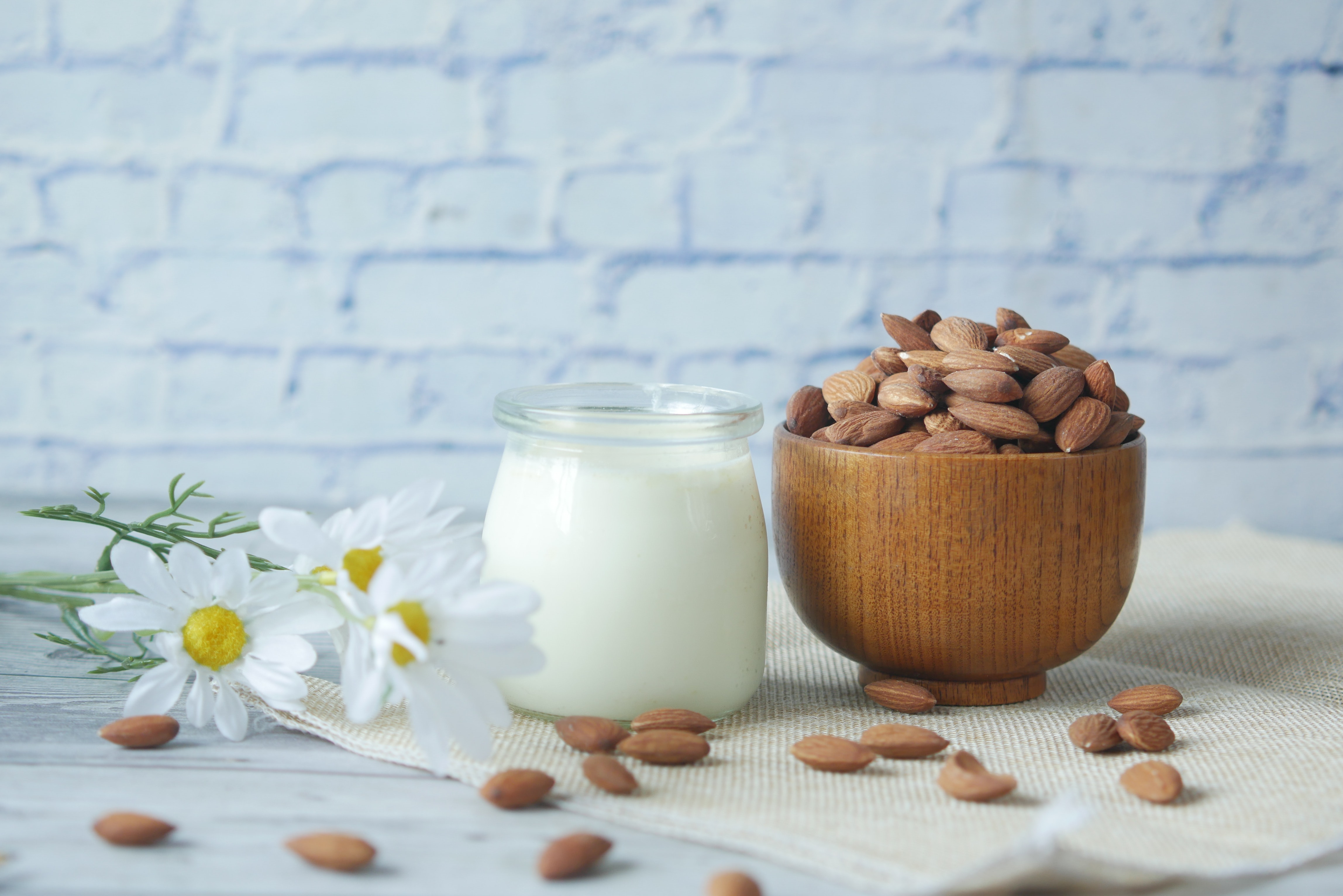
Almond Milk
A crowd favorite to use for smoothies and cereals. From the store, it comes sweetened and unsweetened, making it a versatile choice.
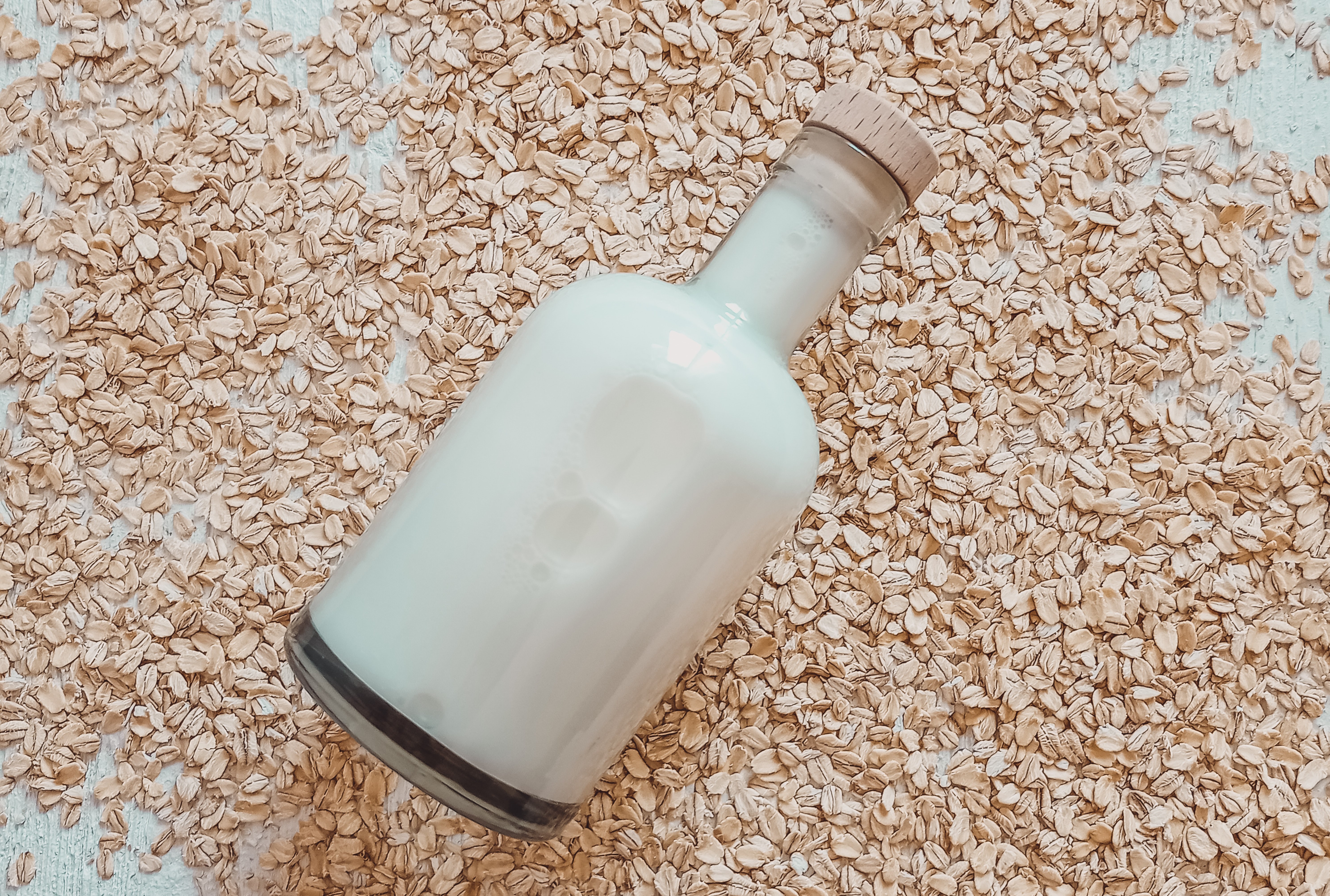
Oat Milk
Oat milk has a creamy texture, making it an excellent choice for soups and sauces.
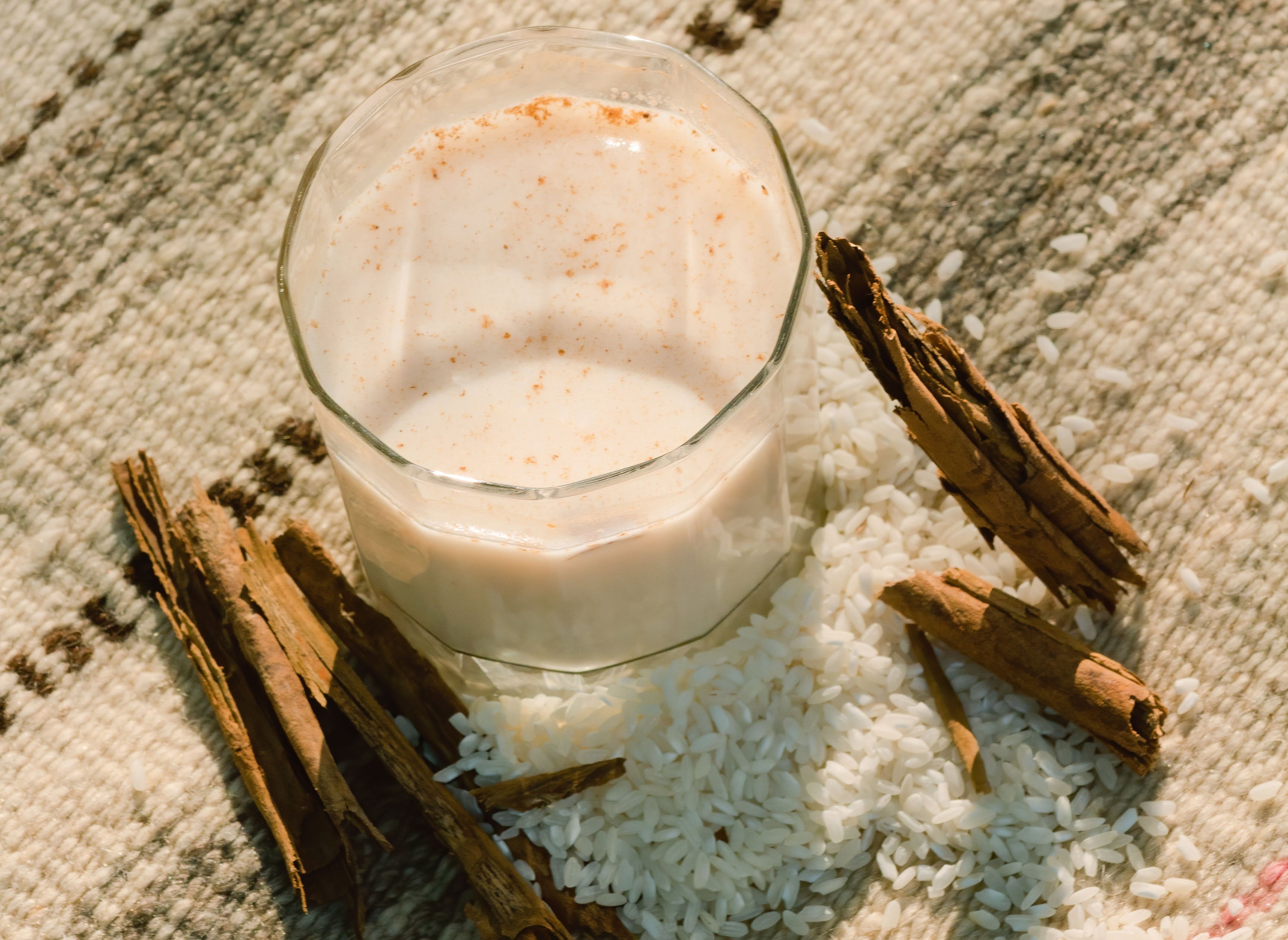
Rice Milk
Rice milk has a naturally sweet taste and is great in desserts.
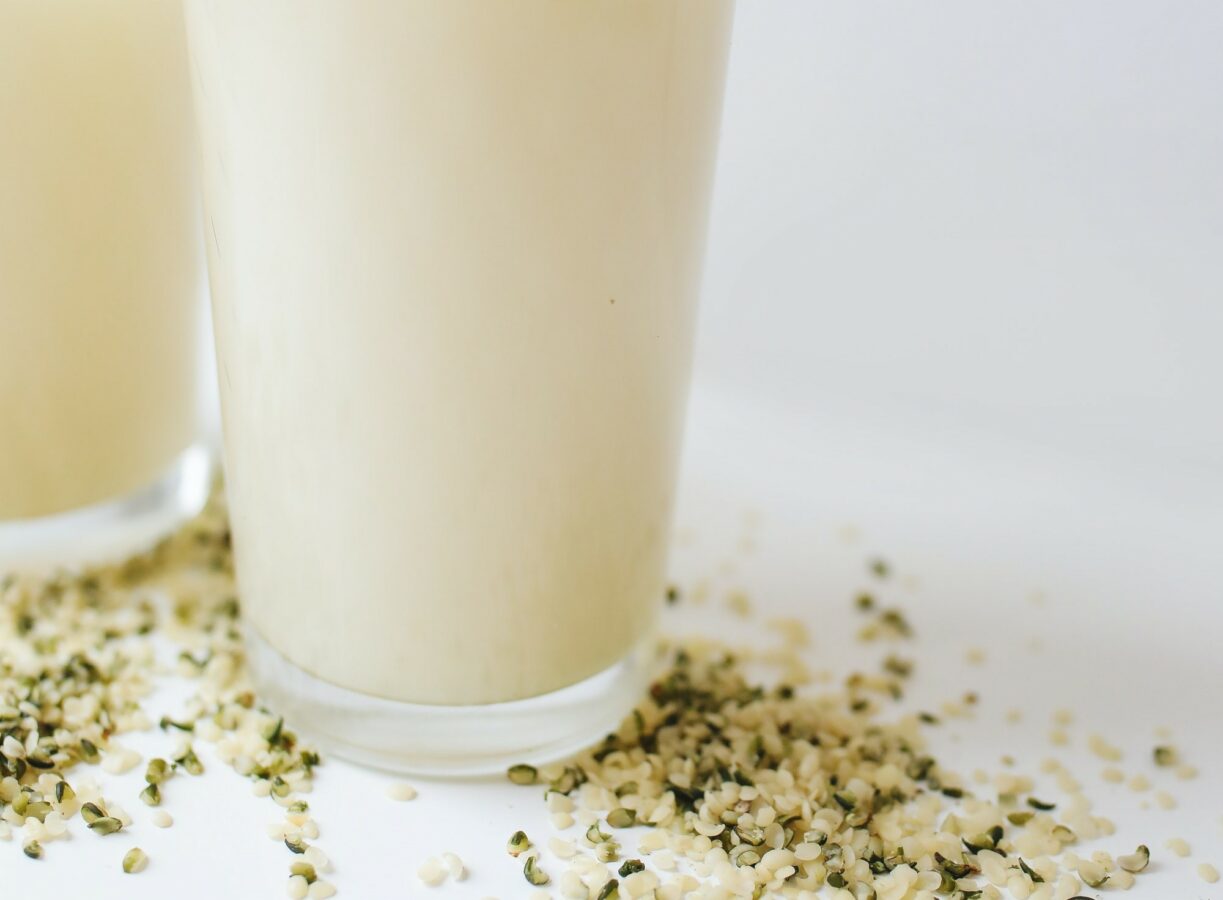
Hemp Milk
Hemp milk is fortified with B-12 and can be used in baking and cooking. Some people enjoy it in their coffee for its nutty flavor.
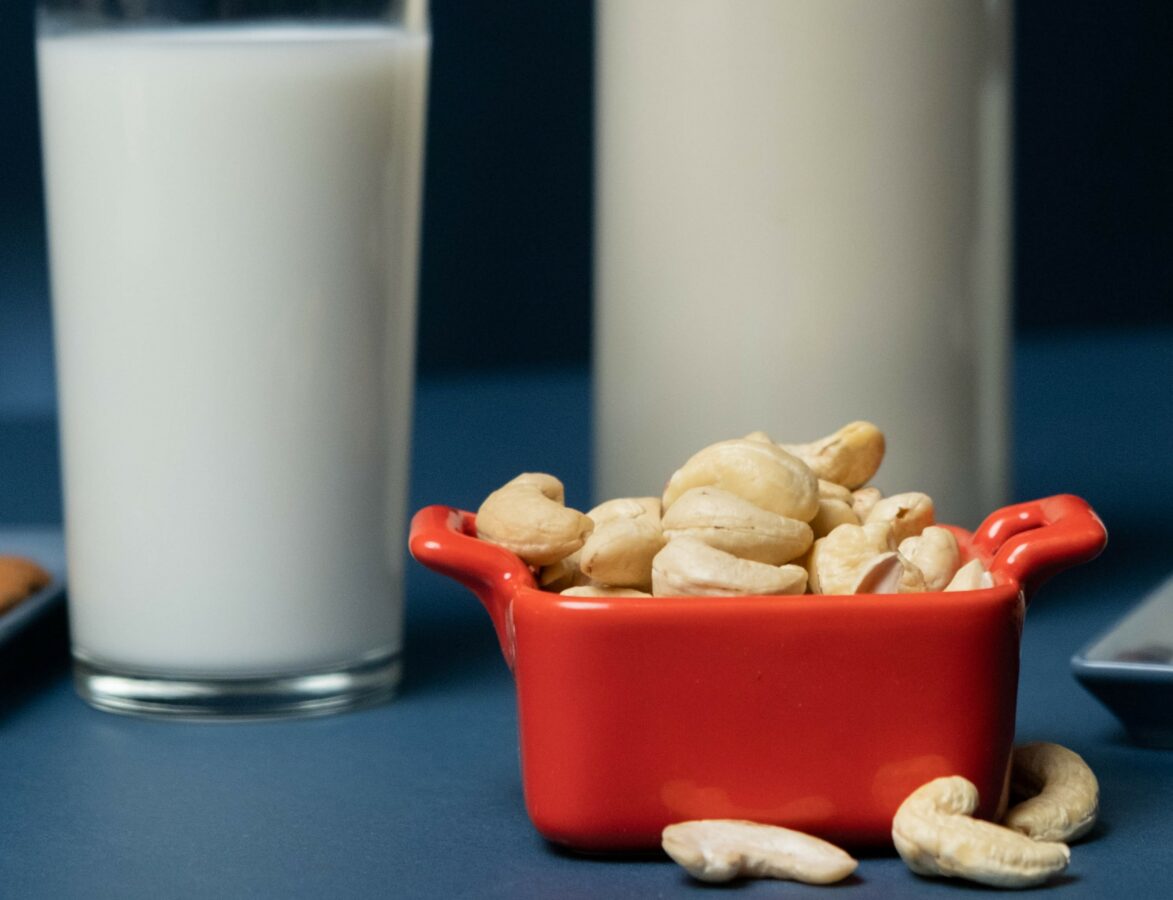
Cashew Milk
Great for cooking and baking, cashew milk is creamy and makes a great base for sauces.
Fortified Cereal
Breakfast cereals can also be a good source of vitamin B-12 for vegans. Many companies fortify their cereals with vitamins, including B-12, to provide a nutritious start to the day. Check the product labels for B-12 fortification, and aim for healthier options that are also high in fiber and low in sugar. Enjoy your fortified cereal with fortified non-dairy milk for an extra B-12 boost.
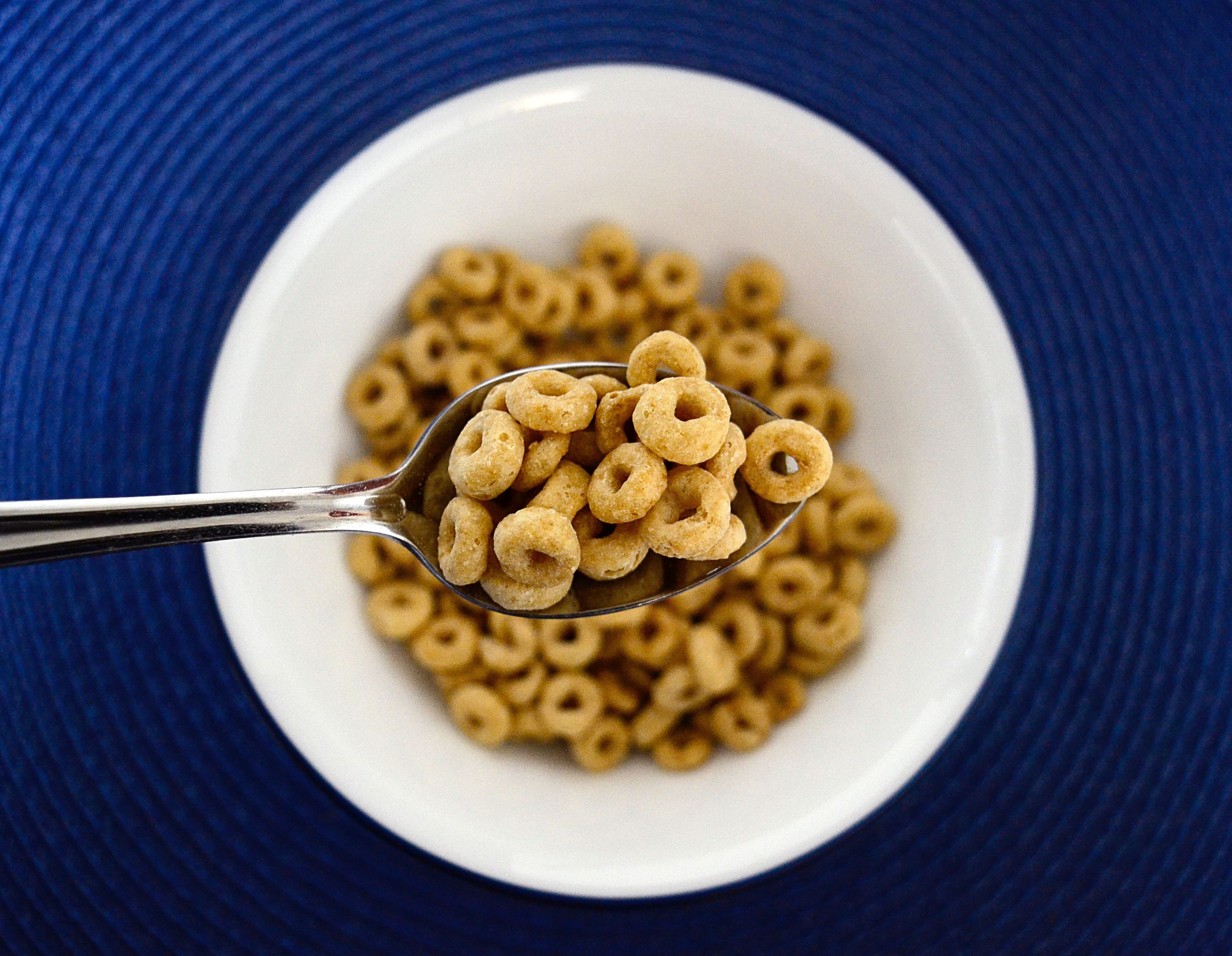
Fortified Cereal
Some examples of fortified cereals are bran flakes, whole grain oat cereal, and multigrain cereal. In addition to being fortified with B-12, these cereals are also high in dietary fiber, which is beneficial for heart health and digestion. Adding fruits like bananas, blueberries, or strawberries can provide additional vitamins and antioxidants.
Nutritional Yeast
Nutritional yeast is a beloved staple in many vegan diets. In addition to its great, cheesy taste, nutritional yeast is also a star in B-12 content. Sprinkle it on popcorn, stir it into soups, or use it in sauces.

Nutritional Yeast
This deactivated yeast has a nutty, cheesy flavor, making it a popular ingredient in many vegan recipes.
Seaweed and Algae
Certain types of seaweed and algae are also sources of vitamin B-12. These are versatile, and can be used in a variety of ways to boost your Vitamin B-12 intake.
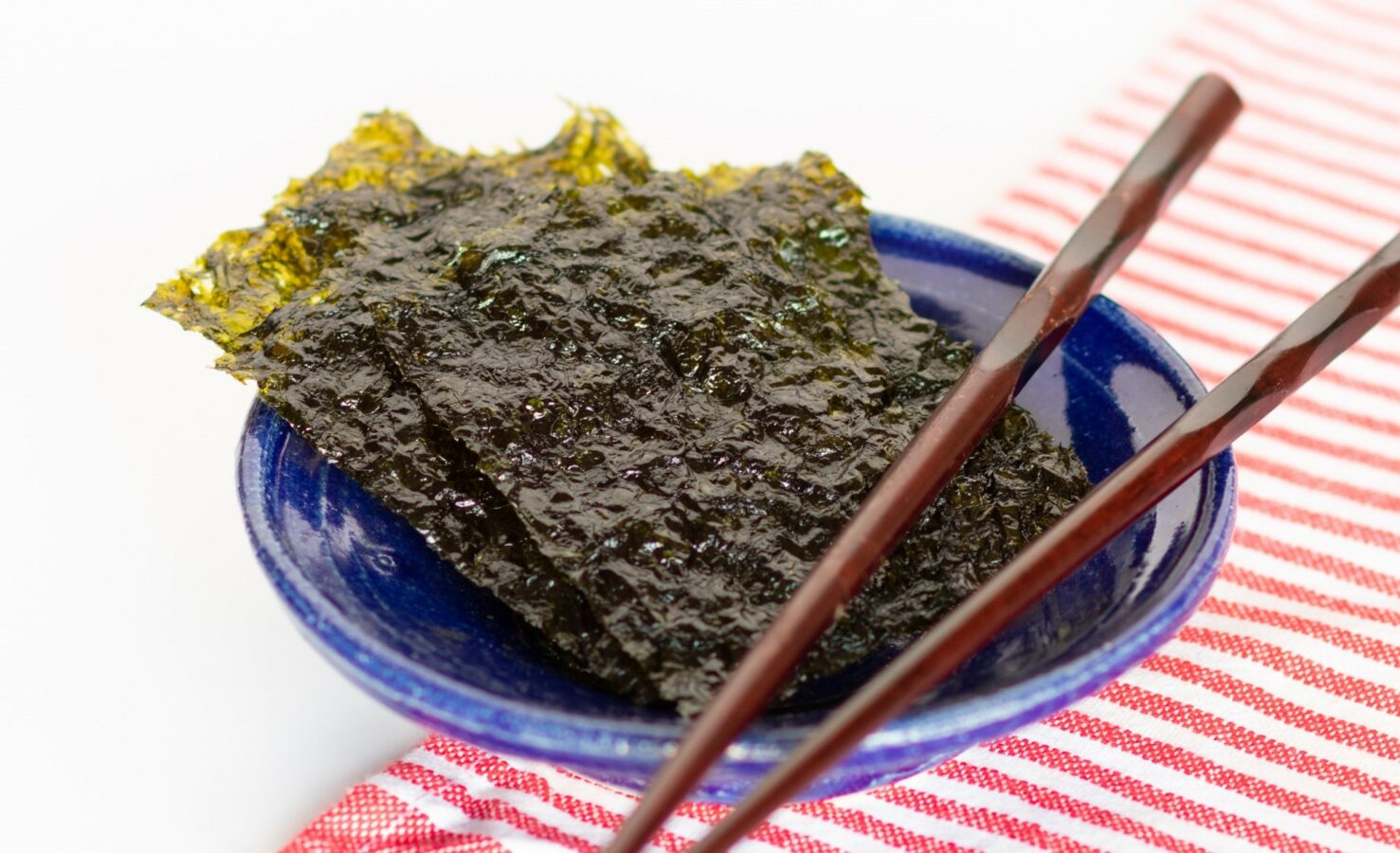
Nori
Enjoy nori in your homemade sushi or snack directly from the package.
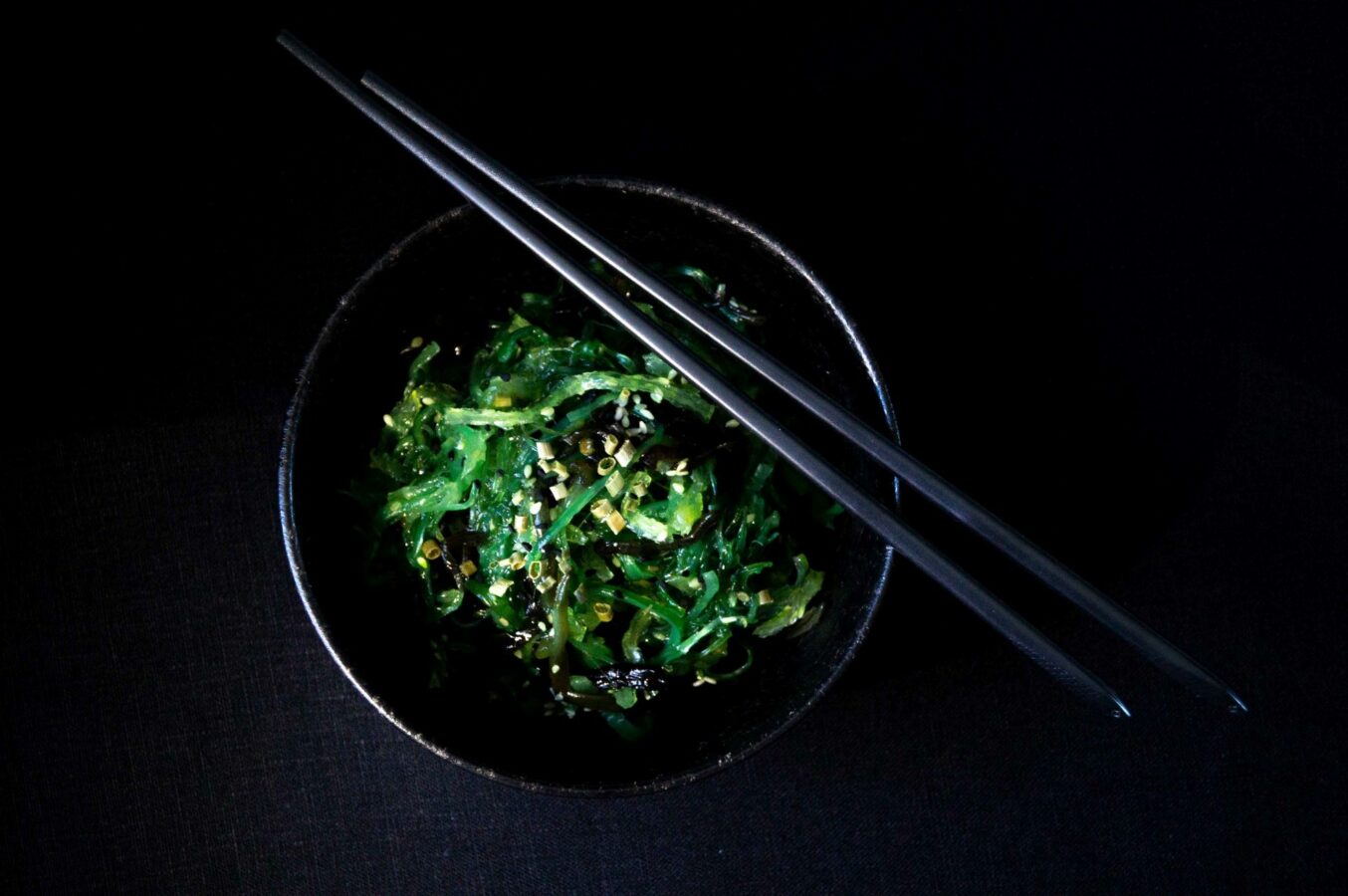
Dulse and Wakame
Rich in B-12 and can be used in salads or soups.
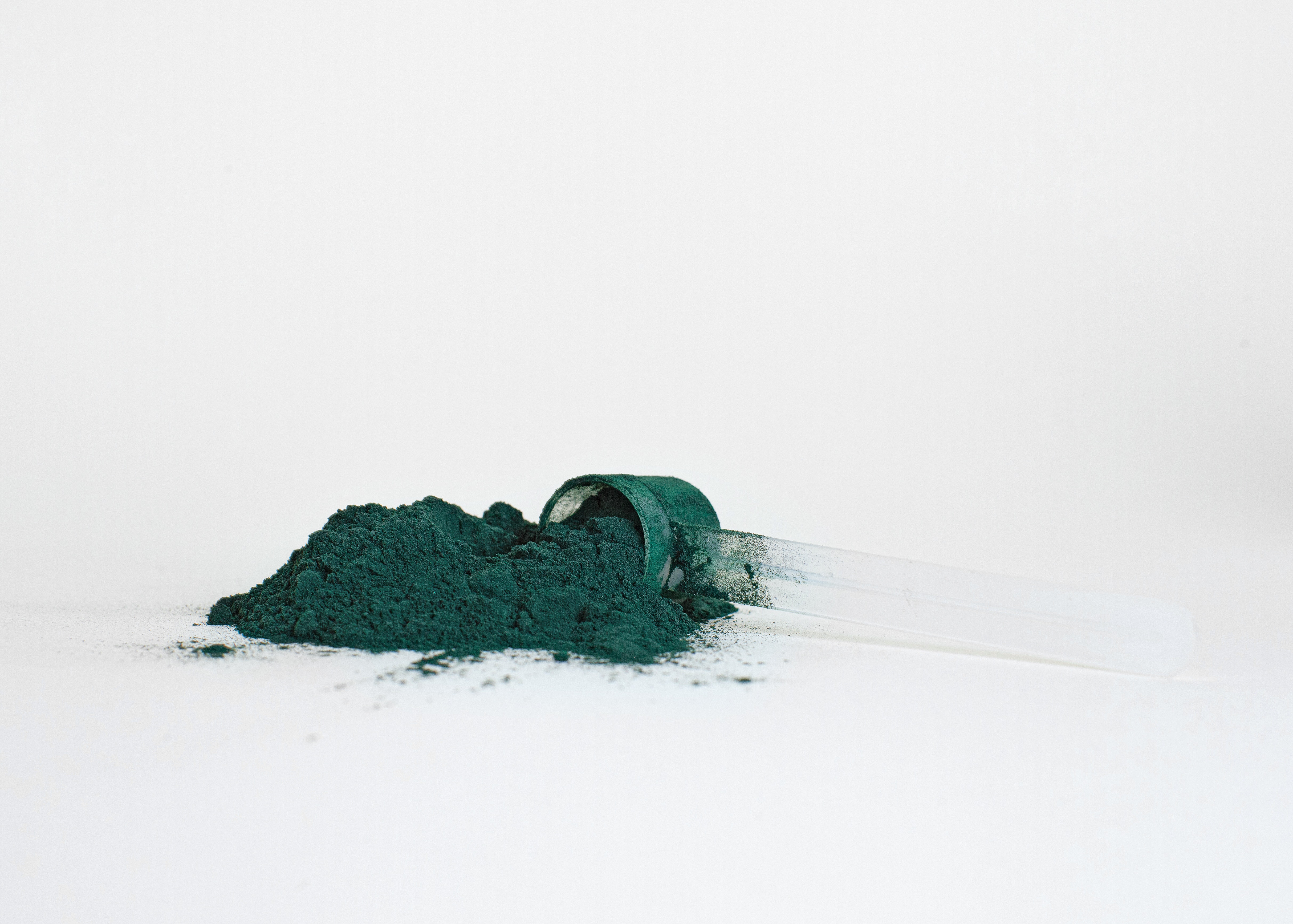
Spirulina
A type of blue-green algae that is often available in powdered form, and can be mixed into juices, smoothies, or sprinkled over salads and dishes for a B-12 boost.
As always, checking labels to ensure you’re choosing products with adequate B-12 levels is important. Please note that while these sources can contribute to B-12 intake, they should only be relied upon partially to meet daily needs due to their lower absorption rates and varying B-12 content. Supplementing with a reliable B-12 source or including fortified foods in the diet is recommended to ensure adequate intake.
Vegan Vitamin B-12 Supplements
Despite the availability of B-12 fortified foods, some vegans might need help to get enough vitamin B through diet alone. This is where vegan B-12 supplements can play an essential role. These are a practical and reliable source of this essential nutrient and can help you meet your daily needs.
Vitamin B-12 Supplements
Vegan-friendly vitamin B-12 supplements, typically derived from bacteria (the only organisms that naturally produce vitamin B-12), can be a helpful addition to a vegan diet. These supplements come in various forms including tablets, capsules, lozenges, sprays, and even liquid drops, making them easy to incorporate into your daily routine.
Chewable B-12 supplements and sublingual tablets that dissolve under the tongue can be particularly useful for those who have difficulty swallowing pills. Time-release supplements are another option and are designed to release B-12 into your body over an extended period.
The good news is that they are readily available and help maintain healthy B-12 levels, particularly in older people and those with absorption issues. As always, discussing supplementation with health professionals before starting a new regimen is best.
How the Body Uses Vitamin B-12
Understanding how the body absorbs and utilizes vitamin B-12 is crucial for maintaining optimal B-12 levels. The absorption process involves several components, including stomach acid and intrinsic factor protein.
When we consume foods or supplements that contain vitamin B-12, the stomach acid plays a vital role in separating the B-12 from the protein it is bound to. This separation process is necessary for the subsequent steps. Once the B-12 is separated, it combines with intrinsic factor, a protein secreted by the stomach’s parietal cells. This combination enables the vitamin to be absorbed in the small intestine, then transported to the body’s cells through the bloodstream.
Only a small portion of the B-12 we consume is absorbed by the body. This emphasizes the importance of ensuring an adequate nutrient intake to meet our body’s needs.
Positive Absorption Interactions
- Vitamin B-12 and Folate (Vitamin B9): Vitamin B12 and folate form one of nutrition’s more estimable couples. They work together to support some of the most fundamental processes of cell division and replication. They also metabolize homocysteine together. And folate, which is itself one of the eight B vitamins, depends on B12 to be absorbed, stored, and metabolized.
Lifestyle Factors that Impact Vitamin B-12 Absorption
Certain lifestyle factors can also impact vitamin B-12 absorption. These include:
Age
Older adults often have less stomach acid necessary for B-12 absorption. They may require higher doses of this vitamin or a more direct form, such as supplements. According to the National Institute for Health:
- Infants up to 6 months: 0.4 mcg of Vitamin B-12 daily
- Infants 7 months – 12 months old: 0.5 mcg of Vitamin B-12 daily
- Children 1 year – 3 years old: 0.9 mcg of Vitamin B-12 daily
- Children 4 years – 8 years old: 1.2 mcg of Vitamin B-12 daily
- Adolescents 9 years – 13 years old: 1.8 mcg of Vitamin B-12 daily
- Adolescents 14 years – 18 years old: 2.4 mcg of Vitamin B-12 daily
- Adults 19+ years old: 2.4 mcg of Vitamin B-12 daily
Pregnancy and Lactation
The body’s demand for Vitamin B-12 increases during pregnancy and lactation.
- Pregnant women aged 19 years and above need 2.6 mcg of Vitamin B-12 daily
- Lactating women aged 19 years and above need 2.8 mcg of Vitamin B-12 daily
It’s important to note that these are general guidelines, and individual needs can vary. Always consult with a healthcare provider to determine your specific nutritional needs. If you follow a vegan diet, it’s crucial to ensure you consume enough Vitamin B-12 rich foods or consider supplementation if necessary.
Current Health Conditions
Certain conditions like atrophic gastritis, pernicious anemia, celiac disease, Crohn’s disease, and bacterial growth can reduce the body’s ability to absorb B-12.
Medication
Certain medications, like proton pump inhibitors (for heartburn) and metformin (for diabetes), can reduce B-12 absorption.
Alcohol Consumption
Excessive alcohol consumption can interfere with the absorption of vitamin B-12 and other nutrients by damaging the lining of the stomach and intestines.
Prior Surgeries
People who have undergone weight loss surgery may be less able to absorb B-12 due to alterations in their digestive tract.
Tips for Meeting B-12 Needs on a Vegan Diet
Ensuring adequate Vitamin B-12 intake on a vegan diet may require a bit more planning and mindfulness, but it’s entirely possible. Here are some practical tips to help vegans meet their Vitamin B-12 needs.
Include Fortified Foods in Your Diet
Many vegan foods are fortified with B-12. These include breakfast cereals, plant-based milks like soy milk and almond milk, and meat substitutes. Reading nutrition labels can help identify these fortified foods.
Use Nutritional Yeast
Nutritional yeast, often with a cheesy, nutty flavor, is a popular food product among vegans. It’s typically fortified with B-12 and can be sprinkled on everything from popcorn to pasta, making it a delicious and easy way to supplement your diet.
Explore Sea Vegetables and Algae
Certain types of seaweed, like nori and algae, are reported to contain B-12, but the content can vary greatly, and some studies have found it may not be a reliable source. However, including these in your diet can provide other essential nutrients. Always ensure you are getting enough B-12 from other sources.
Consider Vitamin B-12 Supplements
If you’re struggling to get enough vitamin B-12 from food sources, consider a supplement. Many B-12 supplements are vegan-friendly and can provide a reliable source of this nutrient. Consult with a healthcare professional to discuss the appropriate dosage.
Regular Blood Testing
Even with proper meal planning, it’s a good idea for vegans to have their B-12 levels tested regularly. Symptoms of a B-12 deficiency can take years, and early detection can prevent potential health complications.
Remember, while these tips are designed to help you meet your B-12 needs, it’s always best to consult a dietitian or health professional when making significant changes to your diet or starting new supplements.
FAQ
Why is Vitamin B-12 important for vegans?
Vitamin B-12 serves a range of critical functions in the body. It is essential for DNA synthesis, which is creating new genetic material. Additionally, it plays a crucial role in forming red blood cells responsible for carrying oxygen throughout the body. Furthermore, vitamin B-12 is vital for maintaining a healthy nervous system
What are some vegan sources of Vitamin B-12?
Fortified plant-based foods like fortified cereals, plant milk, nutritional yeast, and supplements are common sources of Vitamin B-12 for vegans.
Can I get enough Vitamin B-12 from plant foods alone?
It’s challenging to obtain sufficient B-12 solely from vegan sources. Supplementation and consuming fortified foods is recommended for most vegans.
